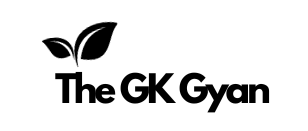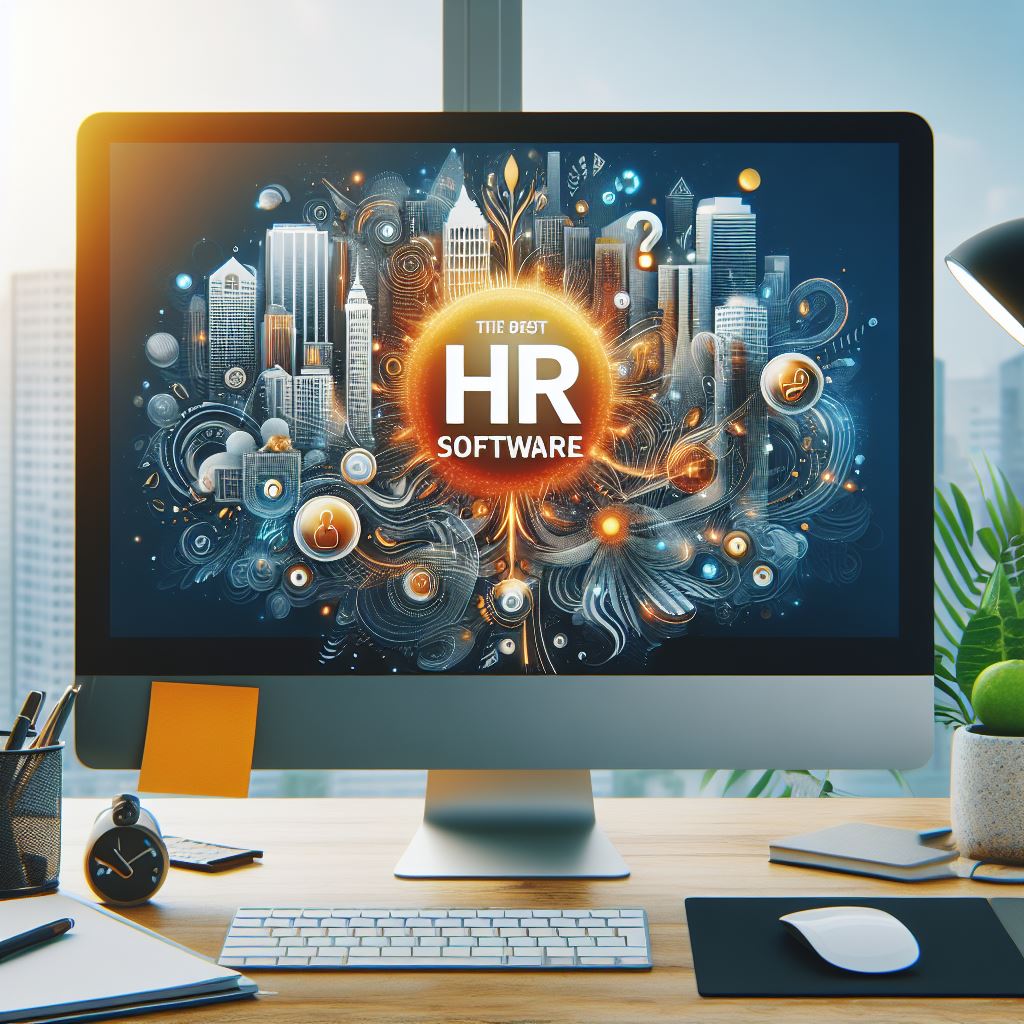Choosing the best HR software is a critical decision for businesses aiming to optimize HR functions. This guide provides insights into the key considerations when selecting HR software that aligns with your organization’s unique needs.
1. Define Your HR Needs: Before delving into the world of HR software, take the time to clearly define your organization’s HR needs. Identify the specific functions and processes you aim to streamline, whether it’s recruitment, onboarding, performance management, or payroll. Understanding your requirements is the first step in choosing a solution that addresses your organization’s pain points.
2. Consider User-Friendliness: An intuitive and user-friendly interface is essential for successful adoption. Choose HR software that is easy to navigate and requires minimal training for both HR professionals and employees. A user-friendly system encourages widespread usage and ensures that the software serves its intended purpose effectively.
3. Scalability for Growth: Opt for HR software that can scale alongside your business. As your organization grows, your HR software should have the capacity to accommodate an expanding workforce and evolving HR needs. Scalability ensures that the software remains a valuable asset throughout the various stages of your business’s development.
4. Integration Capabilities: Seamless integration with existing tools and systems is crucial for a cohesive workflow. The best HR software should integrate with your current payroll, accounting, and other business applications. Integration eliminates data silos, enhances accuracy, and improves overall operational efficiency.
5. Compliance and Security: HR deals with sensitive employee information, making compliance and security paramount. Ensure that the HR software adheres to relevant data protection regulations and industry standards. Features such as role-based access controls and encryption contribute to safeguarding sensitive HR data.
6. Mobile Accessibility: In an increasingly mobile world, having HR software that is accessible from various devices is advantageous. Mobile accessibility allows employees and HR professionals to manage HR-related tasks on the go, fostering flexibility and efficiency in day-to-day operations.
7. Analytics and Reporting: Data-driven decision-making is a hallmark of effective HR management. Choose HR software that provides robust analytics and reporting tools. The ability to generate customized reports and analyze HR metrics empowers HR professionals to derive insights, track performance, and make informed decisions.
8. Employee Self-Service Features: Empowering employees with self-service capabilities is a key benefit of modern HR software. Features such as online leave requests, access to pay stubs, and updating personal information enable employees to take control of their HR-related needs, reducing administrative burdens on HR staff.
9. Budget Considerations: Consider your budget constraints when evaluating HR software options. While it’s crucial to invest in a solution that meets your needs, there are various HR software providers with different pricing models. Assess the cost against the features offered to find a solution that aligns with your budget without compromising functionality.
10. Vendor Support and Training: A reliable vendor with responsive support and adequate training resources is invaluable. Assess the level of support provided by the HR software vendor, including training options, documentation, and customer service responsiveness. Strong vendor support contributes to a smoother implementation and ongoing usage of the HR software.

